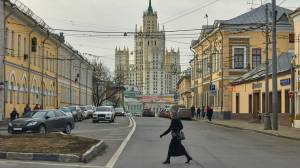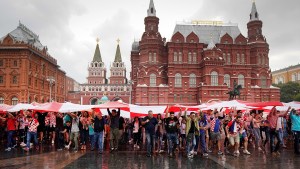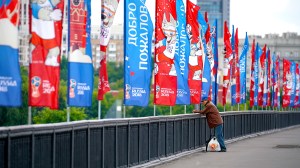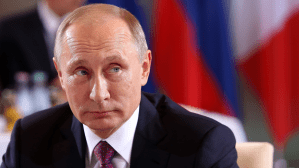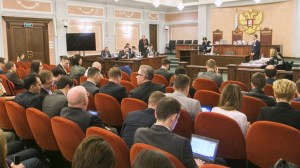In this series
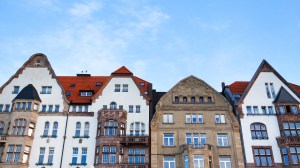
As evangelicals increasingly become the target of Russia’s severe anti-evangelism laws, a German court ruled this month in favor of a Baptist family who fled attacks, insults, and threats in their homeland.
Germany’s Federal Office for Migration and Refugees (BAMF) initially rejected the Russian Christians’ asylum application because it did not consider their persecution to be the result of the Russian government, which guarantees freedom of belief in its constitution, the evangelical news outlet Idea.de reported.
But a Düsseldorf court overturned the decision in early July. The decision cited Russia’s 2017 ban on Jehovah’s Witnesses and concluded that it’s probable for Baptists, as a fellow evangelistically oriented faith group, to suffer government persecution as well. They have been granted the right to stay.
“In general, Germany is very sympathetic to persecuted religious groups, especially to Christians,” Thomas K. Johnson, special advisor for the World Evangelical Alliance’s International Institute for Religious Freedom, told CT. “This is not a precedent; the precedents are already very old. This is a continuation.”
While in Russia, the Baptist family suffered repeated insults, physical violence, and threatening phone calls over their missionary activities, and police refused to offer protection, according to the family’s lawyer, Zaza Koschuaschwili. They said they were followed by young men in black uniforms.
Last year, Pentecostals and Baptists faced the most punishments under Russia’s anti-missionary laws, which bar adherents from sharing their faith anywhere but designated church sites.
The religious freedom news service Forum 18 shared stories of a Baptist church being raided, a Baptist pastor punished for displaying worship times, and a pair of Baptists charged for discussing their beliefs at a bus stop. The Baptist Union's Moscow Theological Seminary is among several Protestant schools that have faced additional government scrutiny and punishments over the past year; the seminary was banned from admitting new students and had to suspend activities for 60 days for alleged violations.
The Russians fleeing to Germany join approximately 1.5 million people who entered the country around the 2015 refugee crisis as well as an existing population of “Russian Germans” that dates back three decades.
“After 1989, Germany opened its doors to many in Eastern Europe who had a German cultural background, many of these were Baptists in the former Soviet Union,” said. “There are today many large Baptist churches in Germany where one might hear as much Russian as German.”
Two Baptist denominations in Germany—the International Baptist Convention and the Union of Evangelical Free Churches (Baptists) in Germany—number around 60 and around 800 churches each, according to the Baptist World Alliance.


